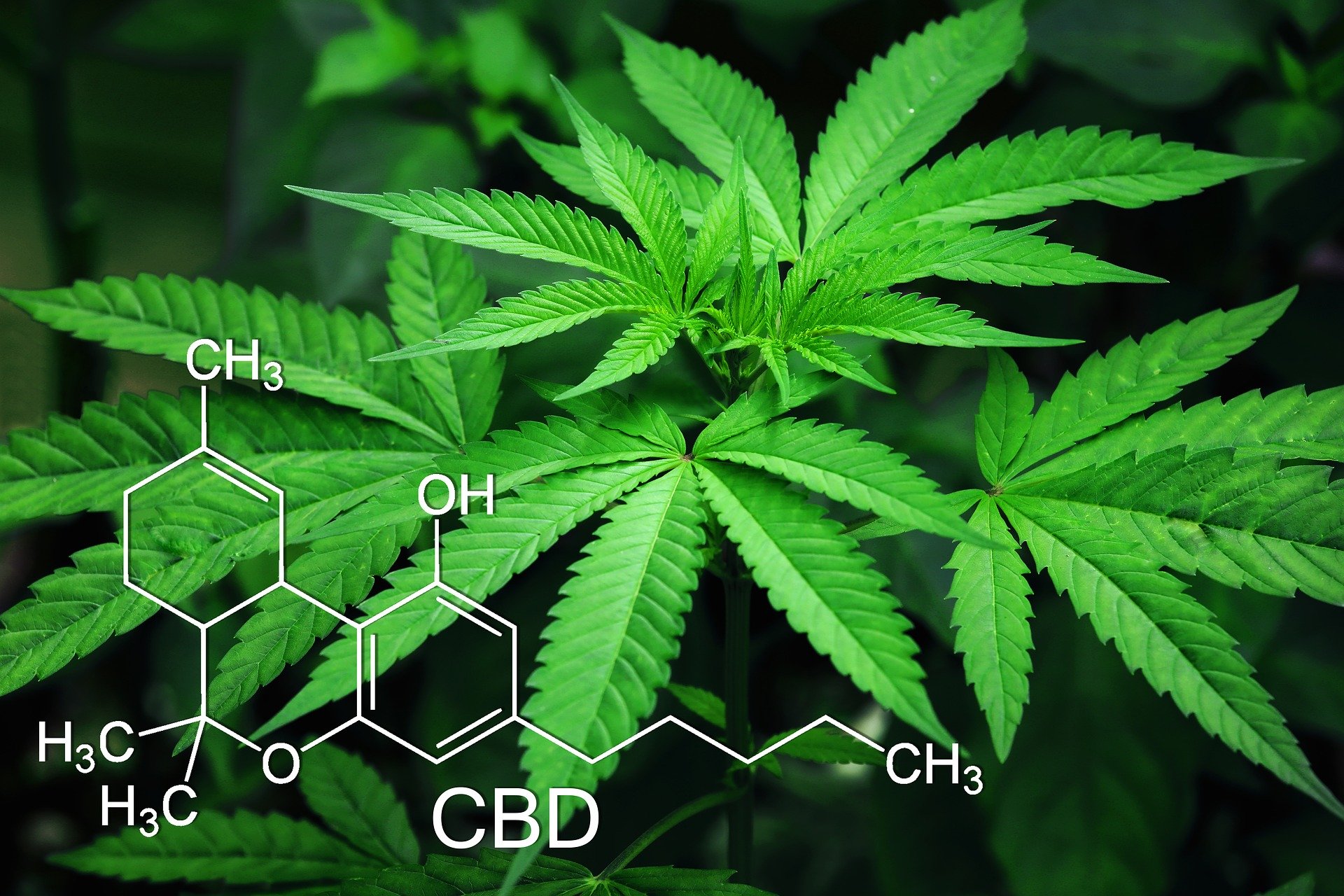By Madeline McCarthy
Beginning in fall 2020, Colorado State University, Pueblo will be offering an undergraduate degree studying cannabis. The degree is called “Cannabis, Biology and Chemistry” and focuses on the science of the plant. It is the first program offered in Colorado, which was one of the first two states to legalize the recreational use of marijuana in the U.S.
Northern Michigan University also offers a four-year degree in the field: medicinal plant chemistry. It is among a few other schools that offer classes surrounding cannabis studies.
Because of the political tension behind the legalization of marijuana, I think that many people may be skeptical about colleges starting to offer a “degree in weed.” But the reality is that states across the country are legalizing marijuana use, and it is a massive source of money for those states.
Since 2014, when recreational marijuana was legalized in Colorado, the cannabis industry has raked in $7.6 billion, according to the Colorado Department of Revenue. In 2019 alone, it brought in $1.6 billion. Because the recreational marijuana industry has grown so rapidly and successfully in Colorado, I think that having a degree that looks at the science behind the cannabis plant is a good idea.
The point of this degree is to study and better understand the effects of the cannabis plant, both as marijuana and hemp. Having this degree creates experts in this new industry, which I think is important for anything that has to do with a mind-altering substance.
At first, I thought that this degree might be comparable to degrees in wine-making, which many colleges now offer. Students studying winemaking are required to take many basic science classes, as well as classes specific to the science of growing grapes and making wine. They also taste their wine which is vital to becoming a successful winemaker.
However, winemaking and plant growing are very different in the sense that the cannabis plant already has its chemical compound; there are ways to grow different strains but the chemical compound already exists within the plant. Winemakers are creating a chemical compound through the fermentation of the grapes because the alcohol did not exist in the first place.
Because of this difference, I wonder if one can really compare the two. They both are very science-based but as we know many science degrees entail many different requirements. The catalog for the 2020-2021 year at CSU-Pueblo is not yet available so the details of the degree aren’t completely clear.
My question is, will students be testing the product they create? Will there be a need for students to test out what they’re growing? If that is even necessary to successfully complete the degree – as it is with winemaking – I feel it would be important to address any issue that could arise from the legality of testing out cannabis products, just as there are legal issues with winemaking students tasting the wine they made if the student is not yet 21-years-old.
It will be interesting to see the exact details of the degree and to have those questions answered. The current political direction supports the need for studies in cannabis. I suspect that colleges around the country will see the major as an opportunity for students and follow in CSU-Pueblo’s footsteps.
Madeline McCarthy can be reached at madeline.mccarthy@spartans.ut.edu




